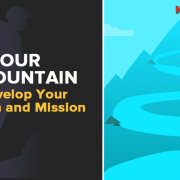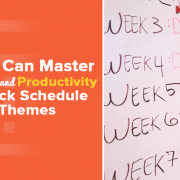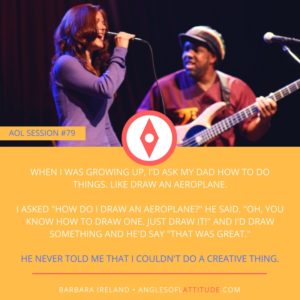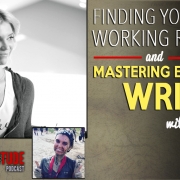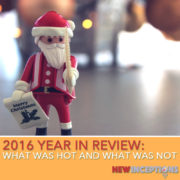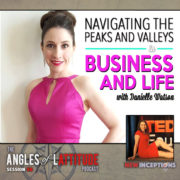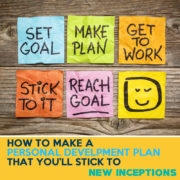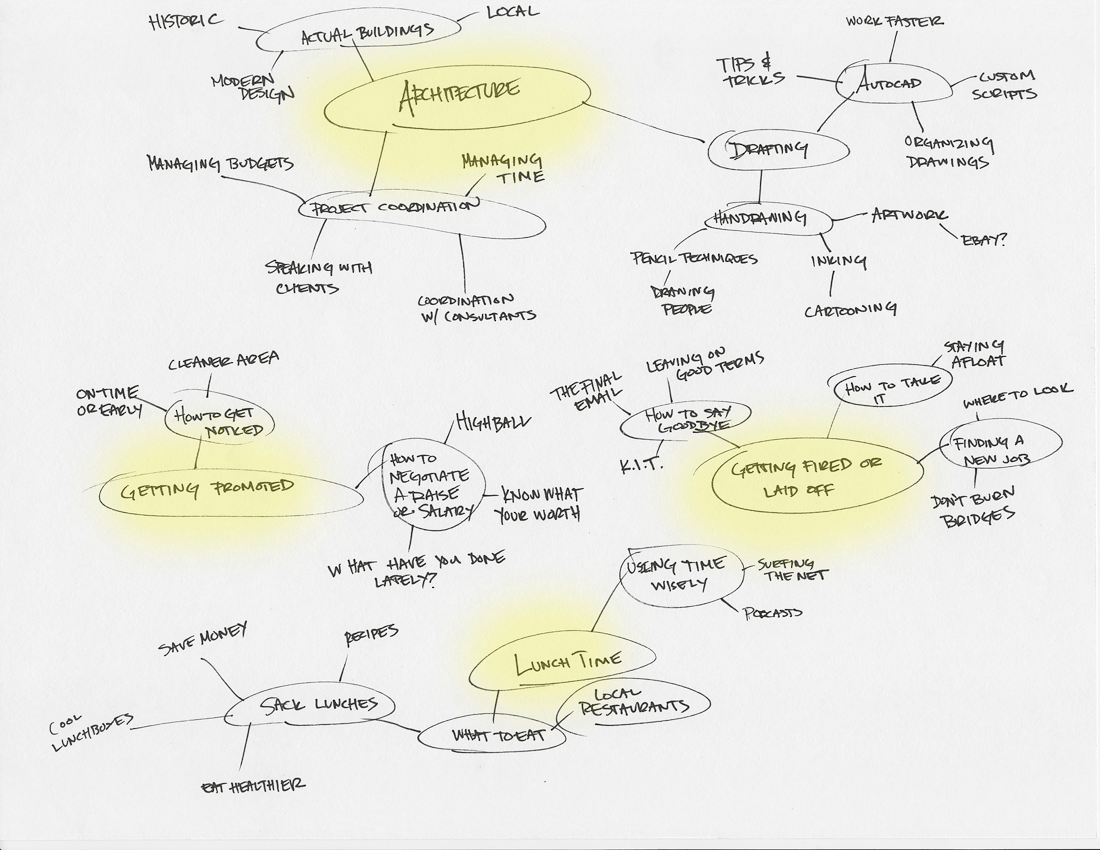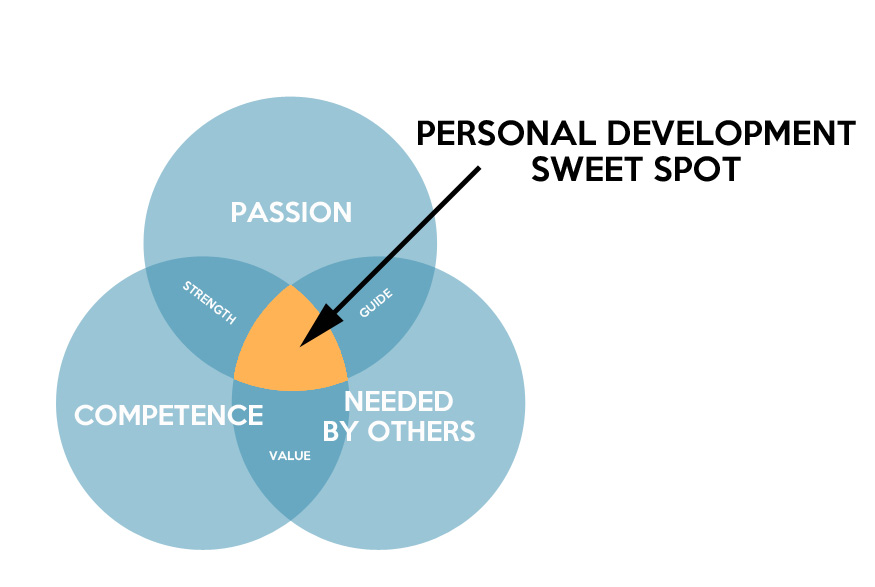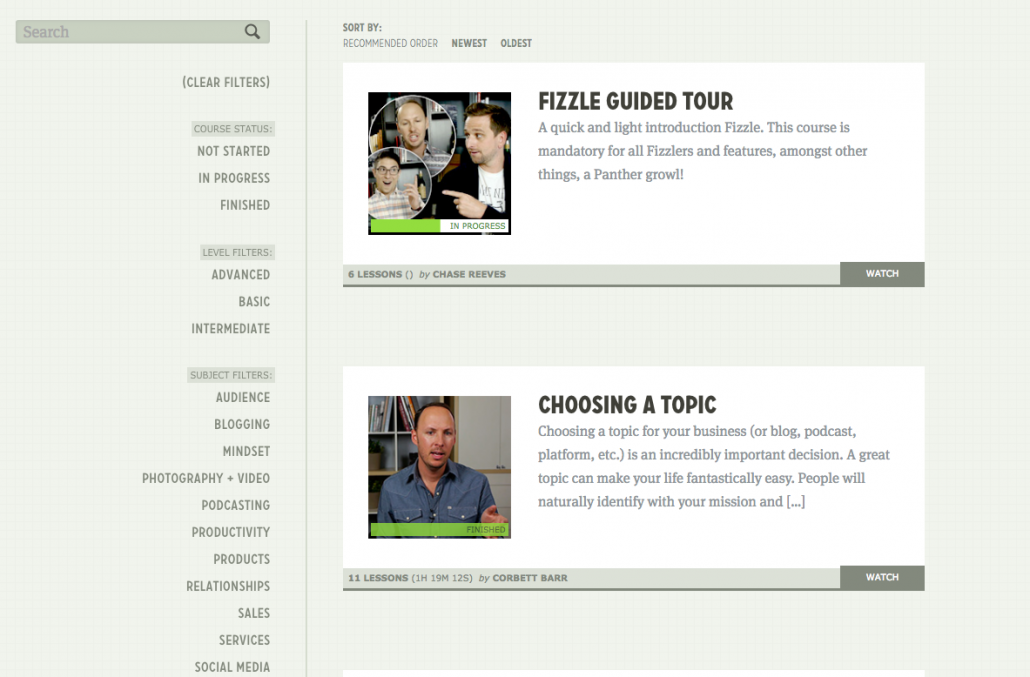I recently posted this in the Junto:
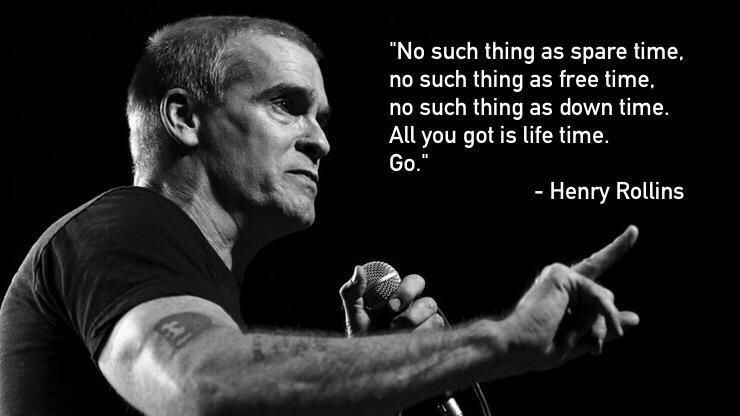
When you read this, what comes to your mind?
Is it a sense of frustration?
Is it a sense of irritation?
If so, do you have too many tasks and ideas that you’re trying to get to, but keep running out of daylight?
If that describes you, I completely feel where you’re coming from. It used to describe me too.
I always thought it wasn’t fair that others had found the secret to getting their own stuff done.
But after a few mastermind sessions in 2016, I realized that my problem was that I was TOO structured in my scheduling.
This post is all about making sure that you have balance in your schedule while chipping away at those things you really need to be doing in your life – especially if you’re in a day job you don’t like or you’re a super busy college student.
Setting the Guidelines of an Amazing Schedule
Often times when we’re picking the things we want to do, we often feel this battle between what’s right and not right to do. We feel a pull of what our inner self tells us we should be doing vs what the external world is telling us that we should be doing.
Ideally, we’d like everything to be what’s right and we’d like to be self directed. Unfortunately for those of us who have day jobs, we feel that this is an uphill battle we’re not going to win. (Great example of a self limiting belief right there.)
The first thing we need to do in winning back our time is to follow 12 guidelines – and they are:
- Know thyself in what makes you feel the most alive – this is your passion and is part of your Mission.
- Realize that as long as you’re in the United States (or another free country), your default mission in life is to find out what your personal mission is and fulfill it.
- Once you have determined that, you need to commit to yourself that you’ll spend your time fulfilling that mission.
- When you’re putting things into your schedule to fulfill said mission, make sure that you have a good and clear understanding of how those tasks are going to help you achieve it. (If you’re working a 9 to 5 – your job should be helping you fulfill that Mission. If it doesn’t, it’s time for a new job.)
- Are there any points in your schedule that you dread or fear, ask yourself why you fear them. Don’t dwell on the worst that could happen, but instead, simply sit with them and realize that they have to be done for you to move on.
- Realize that any changes you’re making are going to take time to get going if you’re just now starting them. But, here’s the key – if you keep at it, you’ll start noticing that things are going well for you. Like me, you’ll think “Well, if I hadn’t made this connection or done that, this wouldn’t have happened.” This is the truth. The problem is, you have no idea what will set future motions in place. (This is known as the Law of Momentum.)
- If you’re stuck in a rut, you need to realize that you are. Then ask yourself – what do I need to learn to move forward?
- Make sure you set aside a time for learning. Learning new things regularly allows for you to constantly move forward. Action is one thing, but taking the same action over and over and expecting different results is… insanity. (Also, don’t burn yourself out thinking that you can find the answers by taking simple repetitive action.)
- If you DO find yourself burning out or sucking at something you should be better at, it’s best to notice it and don’t hide from it. This is the universe telling you you need time to rest.
- Be precise in making your schedule until you can look at it and you look forward to every event that’s on it.
- Make your schedule so that it doesn’t imprison or trap you, but, instead, frees you.
- Always remember your schedule is meant to nourish you, so you can relax and enjoy your life. (If you’ve gotten to this point in the list and you still dread getting up in the morning, you should start over at #1.)
Key Points to Remember about the Guidelines
Now, from all that you might be thinking, “Well, that’s all good – but I know there’s going to be some things that I don’t like doing even when I’m working towards my Mission”.
And you’d be right – maybe you hate paperwork. Maybe you’d rather be out interacting with folks. Perhaps you’re really into helping people with sales funnels, but you hate having to find clients.
That’s par for the course.
If you want to know you’re still in the right, here are two questions to ask yourself:
- Overall, is this week going to be enjoyable? Am I doing what I want to do – for the most part?
- What’s the first thing that I can do that would allow me to be me?
The reason that these two questions are important to ask yourself is because, again, we’re working from a mission perspective.
If you feel you’re doing more things that you don’t want or like to do – than you’re not in the right position in life (or at work). Secondly, if you don’t have enough autonomy to do an act that you actually like to start your day and/or week off with a simple win – then there’s probably something wrong there as well.
In other words, do things that get you to your mission. Don’t do them because you think it’s the thing to do. That’s the will of the World forcing you to do something. Other people have no problem telling other people what to do. That’s the way the world works.
Also, don’t avoid things just to avoid them. Sometimes you’ll have to embrace the suck – but it’s so worth it if it’s in alignment with your mission.
For example if you want to become better at copywriting for marketing purposes – go find some great examples of marketing and use it as a guide to craft your own. (Arne has us do this in his FB group growth course student group all the time.)
Note to Newbie Time Blockers
Now, if you’ve never time blocked before, then this next part will be a little easier than if you have.
See, I used to be a scheduling Nazi. I had to be very specific in when I did this, this, and that. Otherwise, I didn’t think I was doing a great job in scheduling.
Well, long story short, I realized that I learned to schedule from a Driver-Analytical personality-type person. The thing about Driver-Analytical types of people, they are all about completing tasks. The more, the merrier.
That’s not what I’m about.
I’m more about building relationships. Why? Because from good relationships come opportunities which yield possible income.
So, in the end, depending on your own personality, what takes priority on your calendar might be different than mine.
That said, here’s how to time block with themes.
Time Blocking with Interval Themes
Generally speaking, these days I have two types of weeks as a solopreneur. One week (called ‘A weeks’) I focus more on content development – a blog post, a podcast post, and a video in the Junto.
The other week (which I call ‘B weeks’) I focus more on marketing and group development as well as learning.
As you can see, I have two main themes that I use. However, I’ve known people that use 4 themes a month. I also know folks who theme their entire month.
What do these themes consist of?
Well, for me, they’re general guidance of the things that I have to do in a given day. Other folks use them to get better at something, while yet other some people use it as a way to control their overall content building and marketing structure.
Interval Themes in Practice – A Step-By-Step Guide:
So let’s look at this from a weekly example – because that’s essentially what I use.
- The first thing you want to do is determine what kind of theme you have for that week. Usually you want to do this on Sunday after reflecting on how your previous week went.
- Next, you’ll want to set the time that you want to get started on your work. Honestly, I don’t usually get started on my work day until 10am. I don’t finish until 5 or 6. But during that time, I’m usually very focused on the work at hand or, for short breaks, posting in the Junto or building relationships with its members.
- When it’s quitting time – it’s quitting time. I learned early from Pat Flynn that you want to be able to turn things off for the night when your loved ones are home. Even when he had a one room apartment, his computer was in a corner and he used his laptop for more personal things.
- If you’re more of a task oriented person – I got you! Make sure you plan out time for relaxation and fun. Seriously. If that means throwing date night on your schedule, do it. Fortunately for me and Maria, we’re pretty lackadaisical when it comes to our evenings!
The General Structure Of My Daily Schedule
Just an idea of what a typical day might look like. I really don’t have this all laid out in
- Morning Routine – Breakfast (no carbs!), workout, a bit of meditating, finding out what’s going on in the world
- First item of the day – Something that gives you an easy win. For me, I knock out my emails. Once I do that, I close Mail. I’ll reopen it later – but emails are super distracting throughout the day!
- Second item is usually an easy win item as well. These days, it’s posting in the Junto and few other groups.
- Then, until lunch, I’m either doing growth related activities (meeting people, meetings, learning) or working on production of content.
- After lunch, I’m focused more on finishing said content, mastery, and marketing.
Alternative Version for Someone who Doesn’t Own Their Entire Day
So, this is a pretty sucky situation – but a lot of us have to start here. So realize that you’re going to have a bit of a handicap but you’re not alone.
Depending on whether you’re a morning person or a night owl, you’re going to aim to work 2 hours a day on your craft before you go to work or after you come home.
Ideally, the last part of the day should be spent just chilling for at least an hour. Again you’re looking to enjoy your life. So, if I had to decide, I’d go for 2 hours before work. That way when you go to your day job, you have the bonus of having already worked on your craft and not having to dread it coming home.
So, go to bed one hour earlier, then wake up 2 hours earlier. You can really start your day on fire this way. Those first two hours can be focused on heavy amounts of action.
But keep in mind, don’t sacrifice that much to the point of feeling empty. Enjoy each minute you can now. You want to make sure you’re enjoying every single day.
Action Steps
So, there you have it. Again, this is just what has worked for me combined with my new schedule for building the group.
Obviously there’s a huge difference if you have a day job. So if you can find a day job that supports your mission, that’s even better. That’s what’s great about this new sharing economy of ours.
Heck, even Laila started substitute teaching and tutoring before she got completely up to speed with her coaching practice. But what’s great is that those tutoring spots got her some of her clients!
If you have any questions, feel free to let me know below! 🙂

